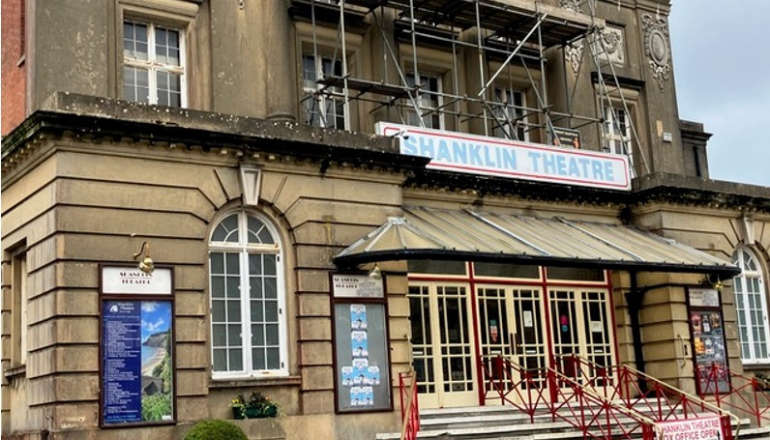
A Shanklin charity has sought consent to replace the Grade II listed Shanklin Theatre’s “very badly corroded” five first floor front windows.
The Shanklin Theatre and Community Trust has said in a heritage statement to the Isle of Wight Council that issues with the Crittall style windows are of “major concern”.
Water is said to be seeping in through the windows and gradually “further damaging” the building’s fabric.
Since 2012, some windows in the theatre, part of which dates back to the 19th century, have been repaired.
The trust said:
“The success of these repairs has been disappointing.
"In literally a few months after repair, rust is seen to grin through the powder coating, which, after having spent a considerable amount of time and money, is immensely disappointing and suggests that the lifetime of the repaired steel window is somewhat limited.”
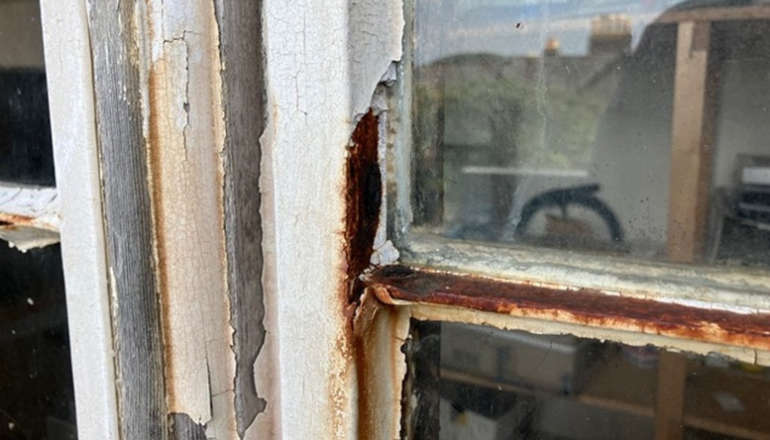
Referencing replacement windows, the document has said:
“We have approached a company on the mainland who produce heritage style windows which will be galvanised steel and powder coated to match the existing.
“They will undertake a full laser survey to ensure a perfect fit and the new steel frames will be fitted into the refurbished timber frames and glazed with toughened glass bedded in silicone\neoprene.”
The listed building consent application has said a replacement of first floor windows would be on a generally “like for like” basis.
Replacements would not have however have top parts that open – one feature of the existing windows.
The application additionally said:
“There would only be two openings at lower level, one casement to the left hand side and one door to the right hand side, this would allow for ventilation and a means of escape for anyone in the room.”
Explaining the building’s Grade II listing, public body Historic England said:
“The Shanklin Theatre and Town Hall is designated for the following principal reasons: the south part of the building of 1884 is of special architectural interest as an unaltered example of a pre-1914 purpose-built addition to a literary institute.
“The mainly 1933-34 northern part is also of special architectural interest as a rare example for this period of a provincial combined theatre and hall retaining completeness of design, including the proscenium arch, balcony and rare survival of a foyer with original box office.”


 Salvation Army Receives Festive Boost Thanks To December Donation From Southern Vectis
Salvation Army Receives Festive Boost Thanks To December Donation From Southern Vectis
 Isle Of Wight Council Supporting ‘Hoodies For Homeless’ Campaign
Isle Of Wight Council Supporting ‘Hoodies For Homeless’ Campaign
 Man In 20s 'Under Investigation' Following Drink-Drive Arrest
Man In 20s 'Under Investigation' Following Drink-Drive Arrest
 Big Give 2024 Sees Huge Donation For Isle Of Wight Charity
Big Give 2024 Sees Huge Donation For Isle Of Wight Charity
 Growing Resistance Over 14 Home Development Plans For Northwood
Growing Resistance Over 14 Home Development Plans For Northwood
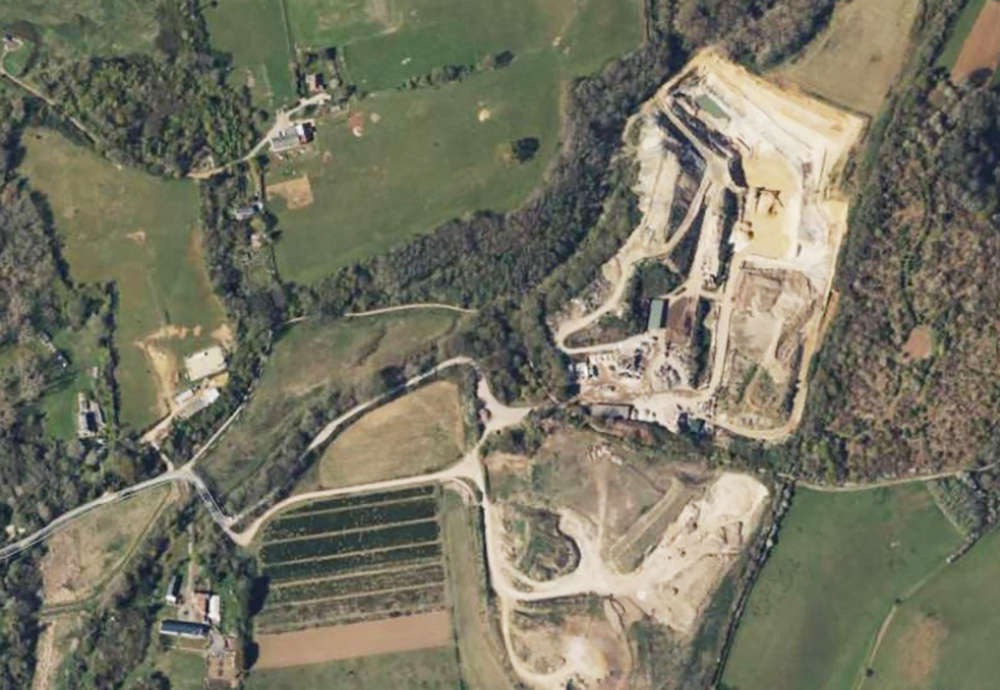 Parish Council Objects To Waste Recycling Plant At Knighton
Parish Council Objects To Waste Recycling Plant At Knighton
 Highways Improvement Work Continues In The New Year
Highways Improvement Work Continues In The New Year
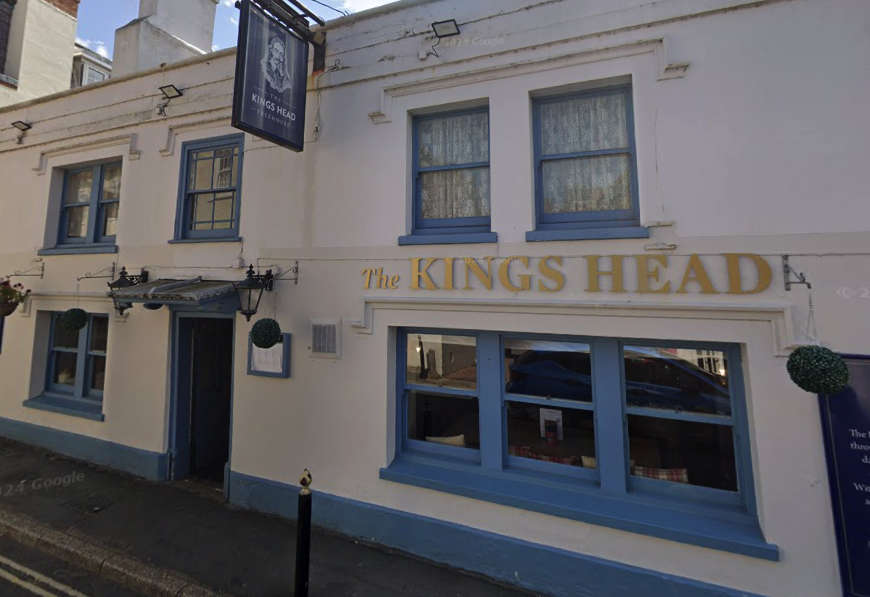 Yarmouth's Kings Head To Feature Bed And Breakfast Accommodation
Yarmouth's Kings Head To Feature Bed And Breakfast Accommodation
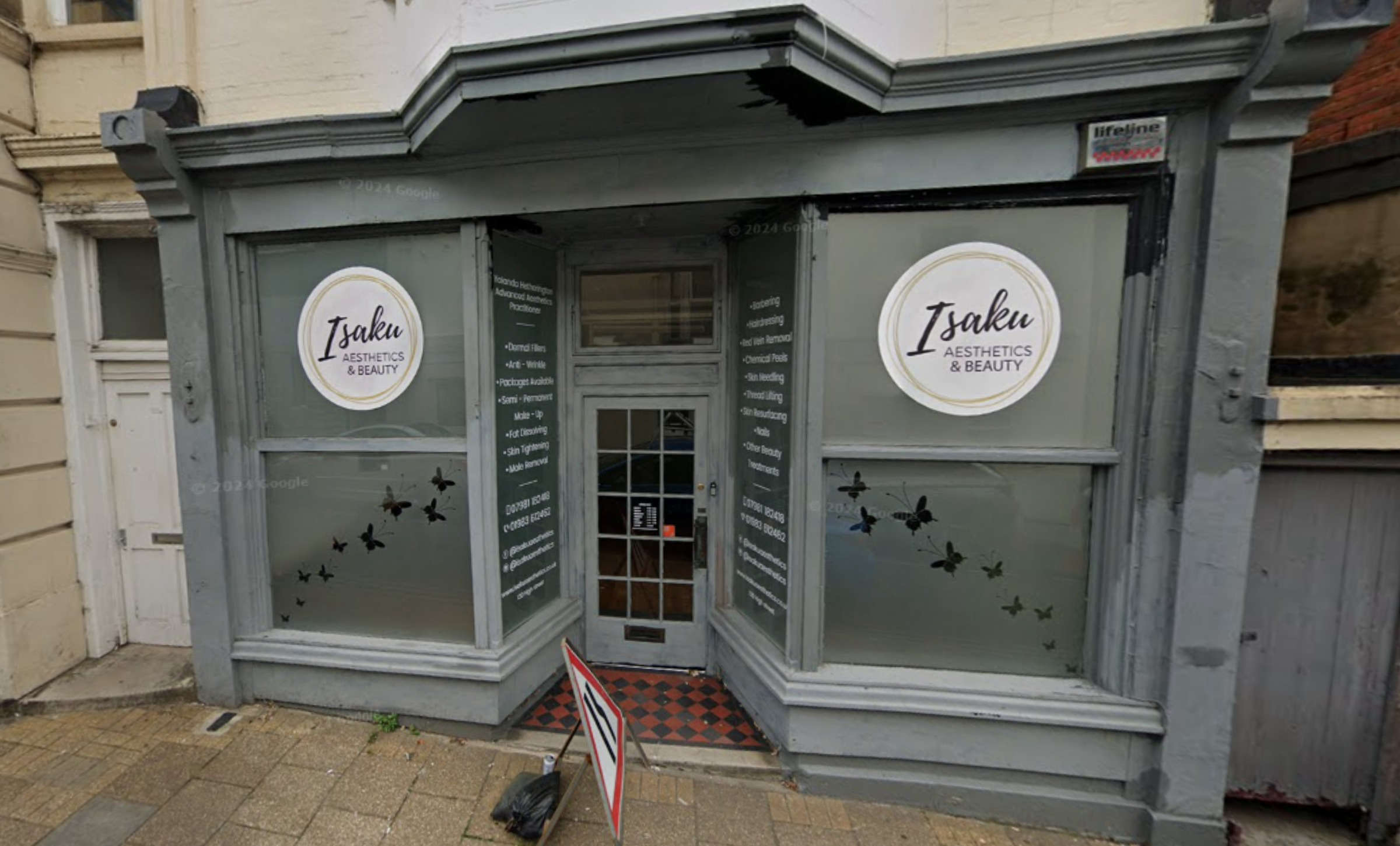 New Low Cost Flats Could Come To Ryde - If Plans Get Approved
New Low Cost Flats Could Come To Ryde - If Plans Get Approved
 Casualty Airlifted To Hospital Following Serious Overnight Crash Near Porchfield
Casualty Airlifted To Hospital Following Serious Overnight Crash Near Porchfield
 Engine Problems Lead To Yarmouth RNLI Callout To Osborne Bay
Engine Problems Lead To Yarmouth RNLI Callout To Osborne Bay
 Ryde Academy Students Donate To Two Worthy Causes At Christmas
Ryde Academy Students Donate To Two Worthy Causes At Christmas
 Road Improvement Works To Get Underway From The Very Start Of The New Year
Road Improvement Works To Get Underway From The Very Start Of The New Year
 Isle of Wight Youth Trust Benefits From Big Give Support
Isle of Wight Youth Trust Benefits From Big Give Support
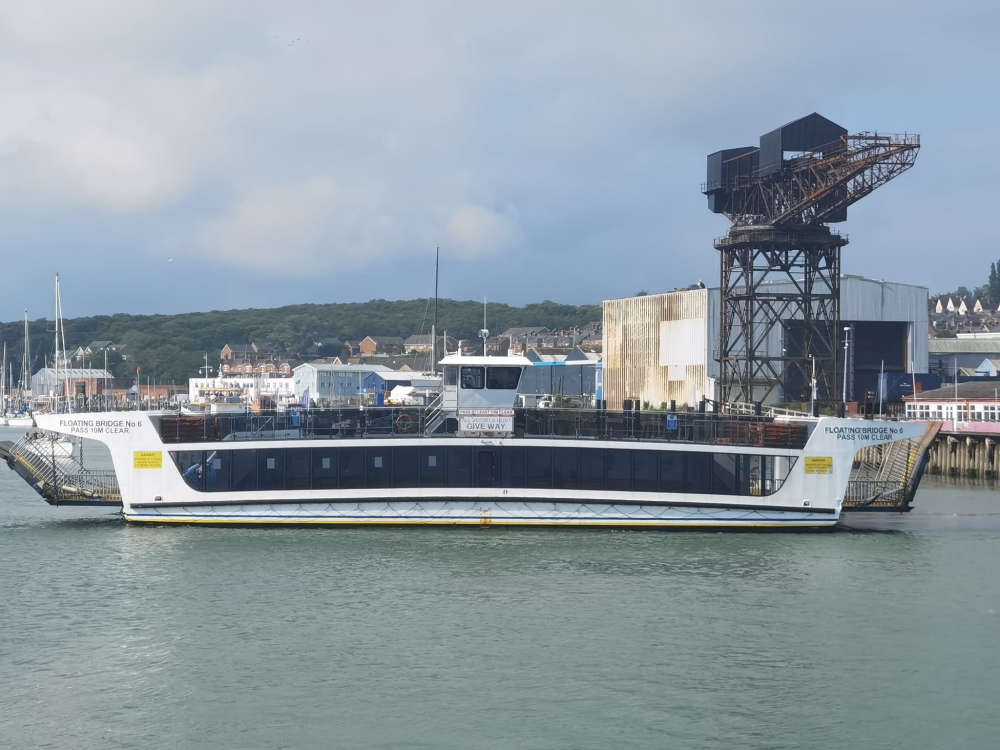 Council Chair 'Furious' Over Floating Bridge Replacement Fiasco
Council Chair 'Furious' Over Floating Bridge Replacement Fiasco
 Fire Service Travel To Island Contributes To Huge Budget Overspend
Fire Service Travel To Island Contributes To Huge Budget Overspend
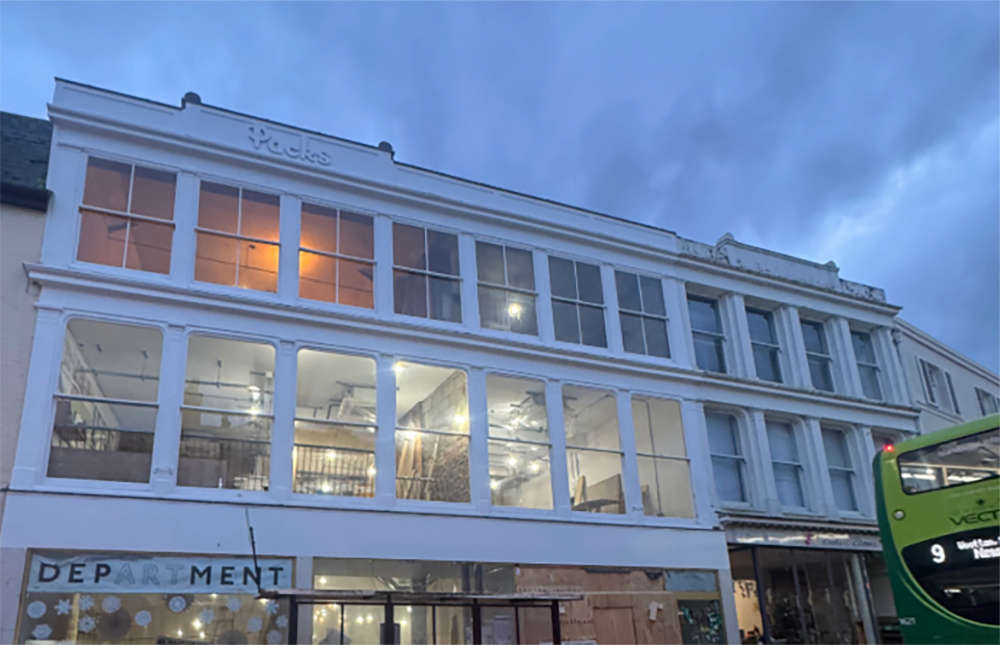 Department Approaching Completion In Ryde As Opening Date Announced
Department Approaching Completion In Ryde As Opening Date Announced
 Guidance Issued Over Sharps Disposal As Waste Teams At Risk
Guidance Issued Over Sharps Disposal As Waste Teams At Risk
 Police Warnings Over E-Scooters Ahead Of Christmas Day
Police Warnings Over E-Scooters Ahead Of Christmas Day
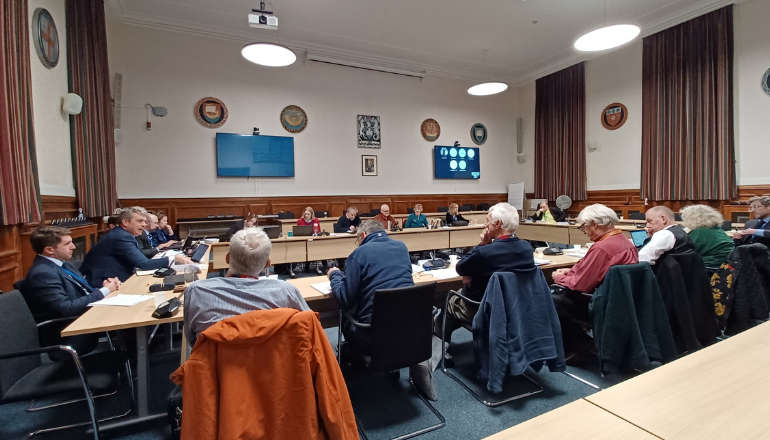 Controversial Freshwater Housing Proposal Turned Down
Controversial Freshwater Housing Proposal Turned Down


